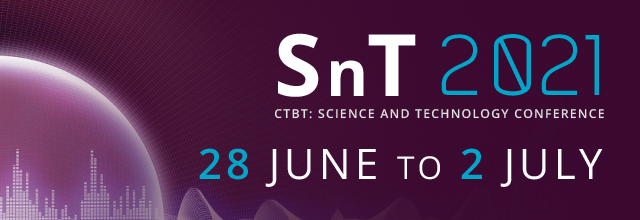Speaker
Description
For most of its history, AI focused on knowledge-based systems -- that is, systems that know things and can reason with that knowledge. In the preceding decade, knowledge was replaced by data and reasoning disappeared. Unfortunately, the absence of knowledge means that modern AI systems based on deep learning require vast amounts of training data and generalize very poorly. In contrast, humans know a lot and learn effectively from very few examples. This is not a
coincidence. It is entirely possible to combine knowledge and data, reasoning and learning. One technology that does this is
probabilistic programming, which combines several important ideas from mathematics including logic, probability, and universal machines. I will illustrate these ideas in the context of CTBT monitoring.

